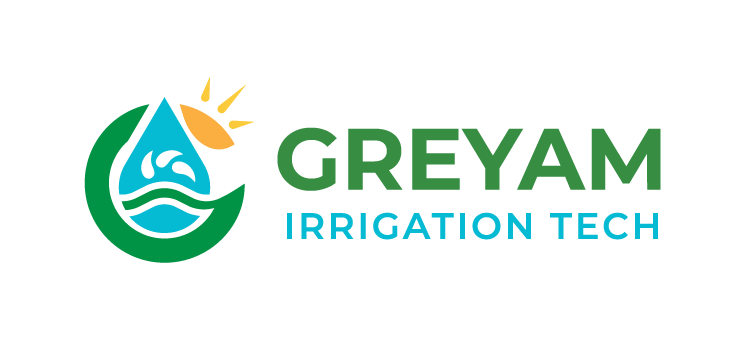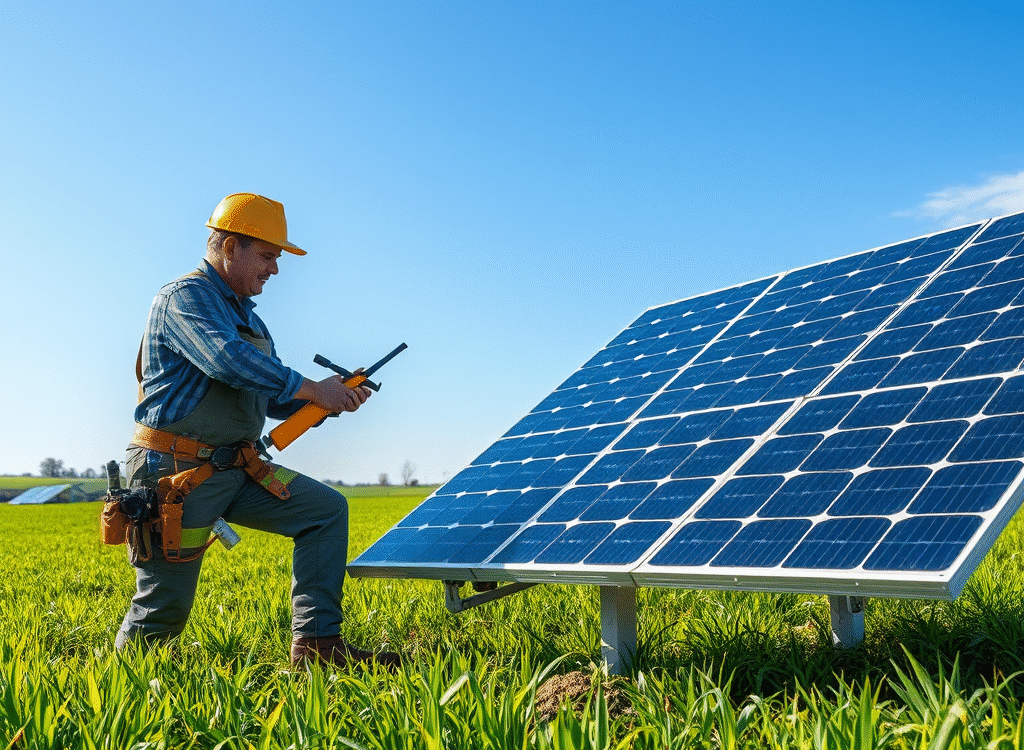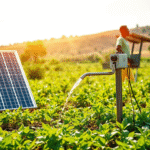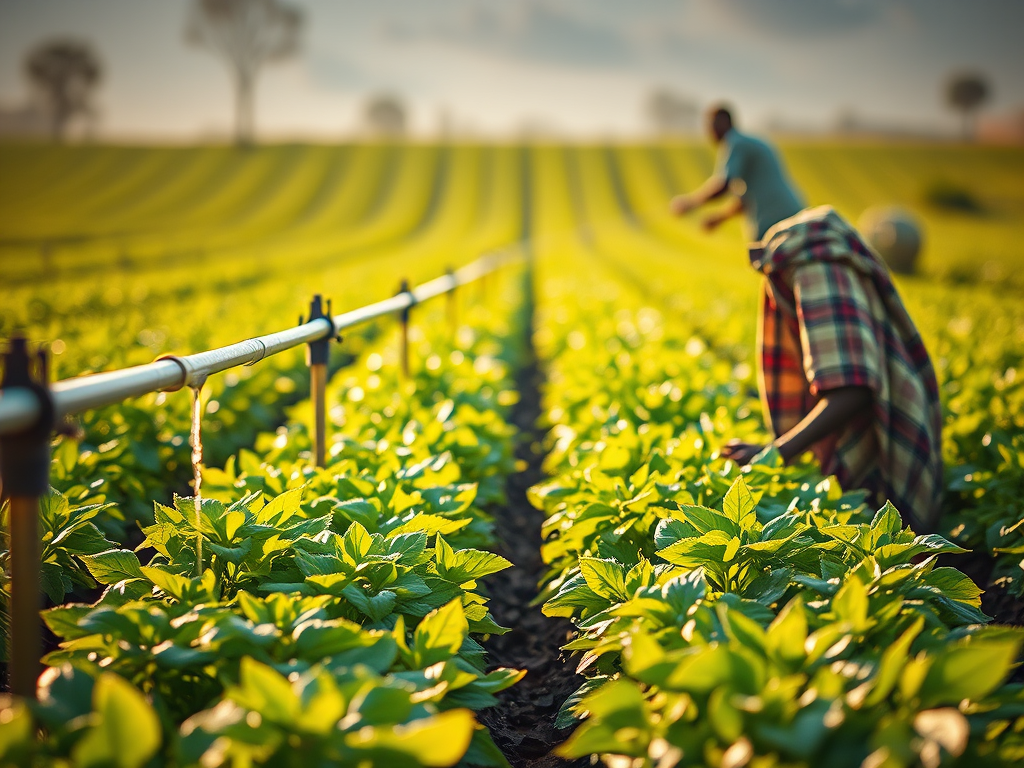For many smallholder farmers in Uganda, irrigation feels like a distant dream — expensive, complicated, and meant for large farms. But with the rise of affordable, solar-powered irrigation systems, even a small vegetable garden can be watered efficiently without waiting for rain.
This guide will walk you through the exact steps to install an affordable irrigation system, tailored to the needs of rural farmers using local materials, clean energy, and support from experts like GREYAM IRRIGATION TECH UG LTD.
🚜 Why Irrigation Matters for Rural Farmers
Uganda’s farming calendar is increasingly unreliable due to climate change. Waiting for the rainy season limits your income and food supply. With irrigation:
- You can farm throughout the year
- You get better harvests and income
- You reduce crop failure during dry spells
Now, let’s get started on how to install your own system.
✅ Step 1: Assess Your Water Source
Every irrigation system needs a reliable water source. In rural Uganda, these are the most common:
- Boreholes or hand-dug wells
- Nearby rivers, streams, or ponds
- Rainwater storage tanks
- Community taps or tanks
💡 Tip: Choose a source that can supply at least 1,000–3,000 litres per week depending on your land size and crop type.
✅ Step 2: Choose the Right Irrigation Method
There are three main types of irrigation systems suited for small farms:
a) Drip Irrigation
Delivers water drop by drop directly to plant roots. Best for vegetables, fruits, and high-value crops.
b) Sprinkler Irrigation
Sprays water over a wider area. Ideal for cereals or mixed gardens.
c) Hose or Furrow (Basic Gravity Flow)
Low-cost method using sloped land or raised tanks to channel water.
💬 Ask GREYAM to recommend the most efficient option based on your location, crop, and budget.
✅ Step 3: Select the Pumping System
If your water source is not elevated, you’ll need a pump. In most rural areas, a solar-powered pump is the most sustainable and cost-effective.
Options include:
- Surface pumps (for rivers or tanks)
- Submersible pumps (for deep boreholes)
Solar pumps reduce running costs to almost zero and work even in remote villages with no electricity.
✅ Step 4: Prepare Storage and Piping
To ensure steady water flow, set up:
- A storage tank (plastic, metal, or concrete) — size depends on your land.
- Filter to remove dirt before water reaches the pipes.
- Drip lines or pipes, connected from the tank or pump to your crops.
GREYAM supplies full kits that include pipes, valves, and connectors — or can help customize your setup.
✅ Step 5: Layout and Installation
Here’s what installation typically looks like:
- Place tank on a raised platform for pressure.
- Lay pipes along planting rows.
- Punch holes in drip lines to match plant spacing.
- Connect to pump or gravity system.
- Test the flow to ensure uniform distribution.
👷🏿 Pro Tip: Get help from a technician or trained local installer for the best results.
✅ Step 6: Train and Maintain
After installation, it’s important to:
- Learn how to open/close the system safely
- Clean filters regularly
- Monitor flow and pressure
- Repair leaks quickly to avoid water loss
At GREYAM, we train farmers and youth groups in system use and maintenance, ensuring your investment lasts for years.
🌱 Sample Budget for a ¼ Acre Drip System
| Item | Estimated Cost (UGX) |
|---|---|
| Drip Kit (pipes, fittings) | 450,000 |
| Solar Pump (basic) | 800,000 – 1,200,000 |
| Tank (1,000L) | 350,000 |
| Installation Labor | 100,000 – 150,000 |
| Total Estimate | 1.7M – 2.2M UGX |
💡 Prices vary based on location and customization. Pay-as-you-go options may be available.
🌍 Working with GREYAM
At GREYAM IRRIGATION TECH UG LTD, we help rural farmers access:
- Free farm assessments
- Affordable solar-powered irrigation kits
- Installation and after-sale support
- Group discounts for farmer cooperatives and SACCOs
📞 Want to Start Irrigating Your Land?
Let’s help you grow more with less.
📞 Call or WhatsApp: +256 704 967 575
🌐 Visit: www.greyamirritech.com
📍 Serving rural communities across Uganda




